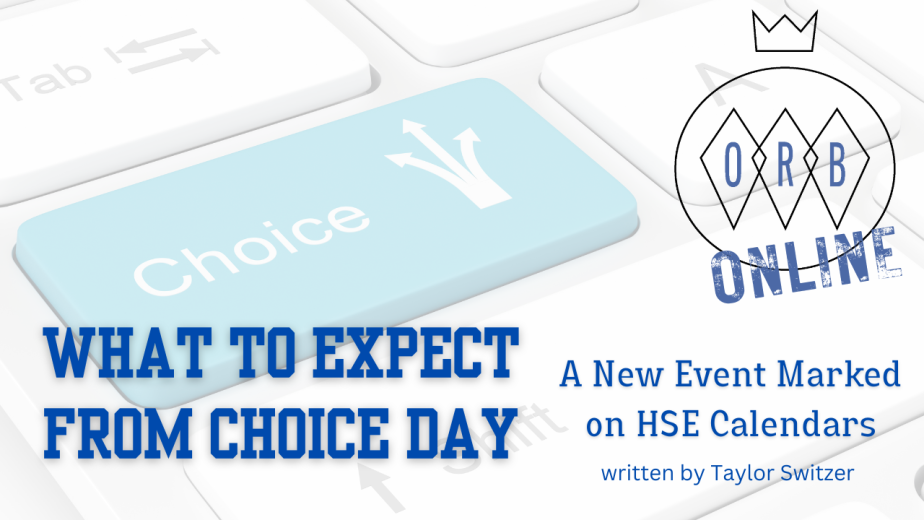The Fashionable Body
February 19, 2021
In America 85% of people suffer from low self-esteem according to connieb.com. Over the decades, this percentage has only continued to increase. One clear reason for self-esteem issues is social media leading to comparisons, but another underlying reason is that body types go in and out like fashion trends. In the 90’s it was all about being a “heroin chic” but now it is more acceptable to look like Kim Kardashian, with hourglass figures and plump lips being all the rage.
Despite the clear trend of bodies going in and out, many across the world have banded together to create the Body Positivity Movement. According to verywellmind.com, body positivity is the idea that all people deserve to have a positive body image, regardless of how they look and how mainstream media perceives bodies at that time. People of all ages, races, and gender have come together to support this idea and combat against the unrealistic beauty goals many brands present. Senior Cayelle Fitzgerald is a firm believer in body positivity and sees it as a bright part of the future.
“Patriarchal society has told us for years that the shape of the human body is a trend that’ll continue to go in and out of style, yet the body positivity movement counter argues and challenges that notion by promoting acceptance of all shapes, sizes and forms of the human body in its natural state,” Fitzgerald said. “This gives me and many others the freedom back to dictate how we want our bodies to look, versus what society has said is the ideal aesthetic, today. It’s a huge pressure that we installed into young children from the dawn of time that they have to be what is socially acceptable, yet in today’s world, we’re able to teach children to be unapologetically themselves. This makes me confident that we’ll have a great future for our next generation.”
Body positivity has not always been an ideal many publicly shared. Body types have been favored while others have been ridiculed for many years. It is clear that the “It Girl” look is not static; it seems to change almost every decade if you analyze fashion trends from the 1910’s to now according to greatist.com. Each decade contains many differences from the 1910’s being a “Gibson girl” with a long neck and a small waist to the 2000’s being a “Buff beauty” with abs and airbrushed tans. Local mom, Angela Passehl saw the extremes of beauty only consisting of one body type when growing up in the 80’s.
“In the 80’s, there was no body positivity. You were one body type, or you were undesirable,” Passehl said. “Body positivity has come a long way and it gives me hope that one day everyone will be nice to each other no matter our body shapes, but it still has a long way to go.”
Seeing one type of body in magazines, commercials, and on social media can greatly have an effect on a person’s physical and mental health according to bps.org.uk. In an interview conducted by the guardian.com, Psychotherapist Alexia Harrison blames the never-ending discussion of body types on why many struggles with their body image.
“The trouble is that people’s body image is constantly being discussed everywhere- on television, screens, magazines, “Harrison said. “And if you are somebody who is vulnerable, it’s really easy to snap into a very low mood and think dieting may be the answer.”
According to statistics found by the Mental Health Foundation, poor body self-image can affect all ages and the reactions to the image can cause anxiety, self-disgust, and suicidal thoughts. Despite this concerning statistic, there are many ways to combat negative self-image and improve confidence in yourself and friends. Some recommendations to improving self-image is to keep a top-ten list of things you like about yourself, surround yourself with positive people, and wear clothes that make you feel good according to nationaleatingdisorders.org. Professor Phillippa Diedrichs also recommends being aware of how you talk to others according to an interview done by the guardian.com.
“Telling someone ‘you look good, have you been on a diet’ or ‘you don’t look that old, tell me your secret’ only reinforces our obsession with body image,” Diedrichs said. “Don’t just talk about looks when you meet a friend. Instead, ask them how they’ve been.
Despite some brands continued negative advertising and negative self-talk, it seems that the future is bright, for all shapes, races, and genders.







